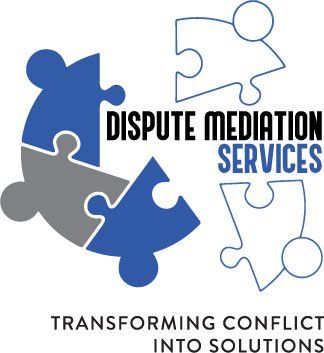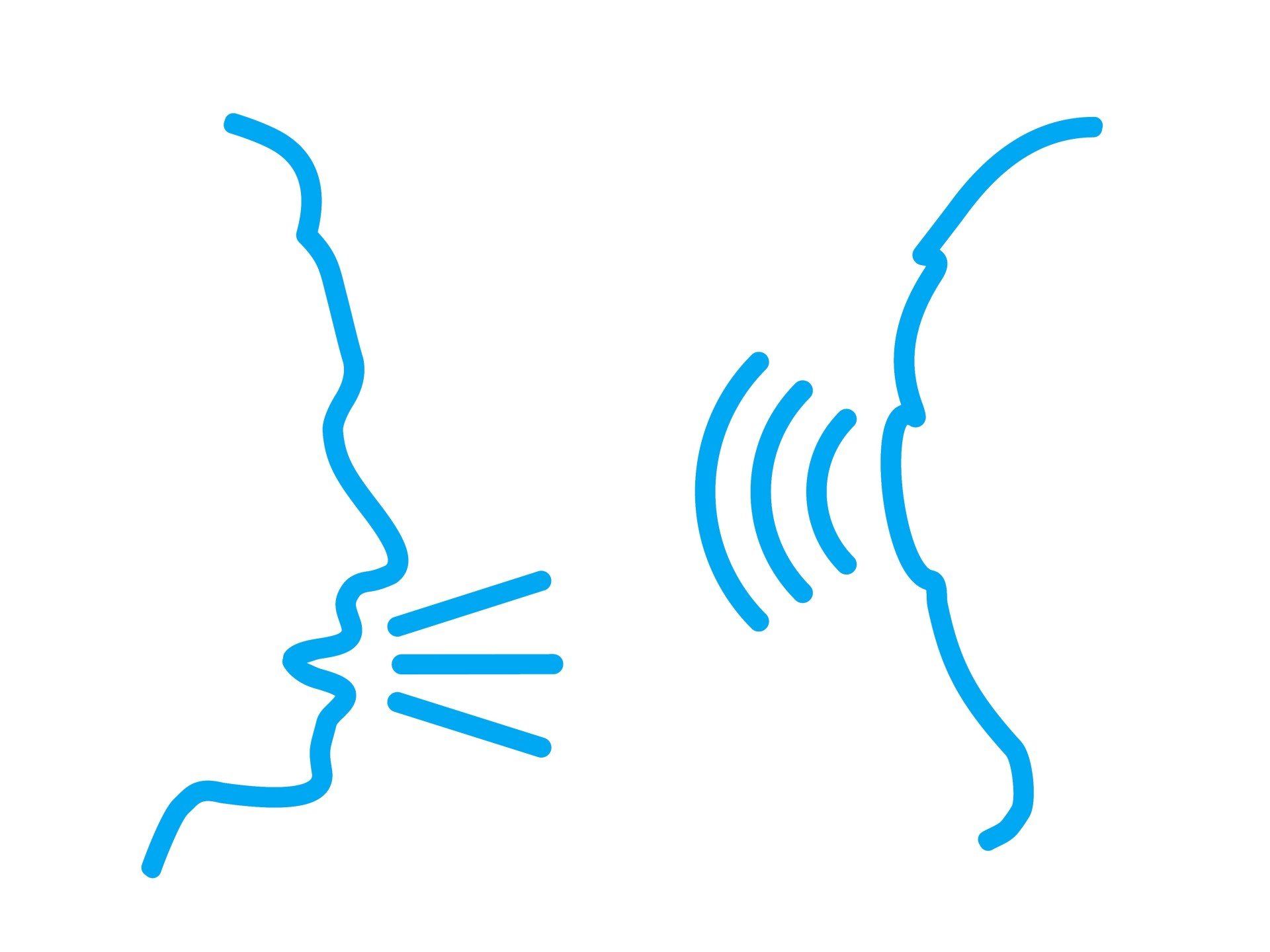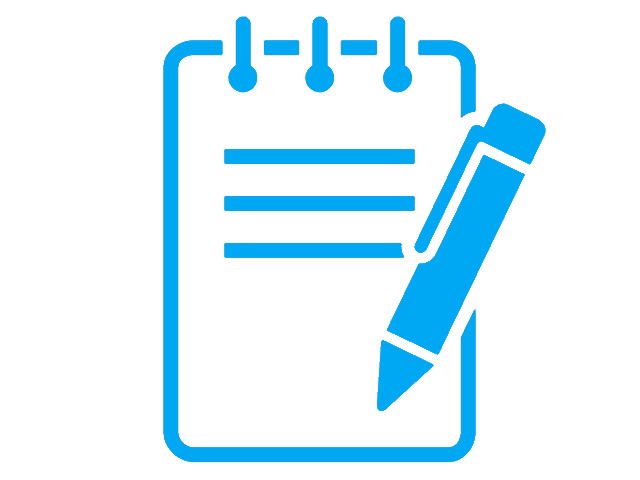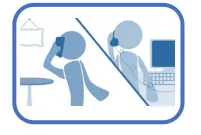ARRANGING FOR A MEDIATION
To arrange for a mediation with Dispute Mediations in Brisbane, Gold Coast, Sunshine Coast or anywhere in Australia, follow these simple steps:
INTAKE INTERVIEW
After you have contacted us, and mediation is deemed to be appropriate for your situation, we will arrange for an intake interview. This is where a separate interview with each party (on a day before the mediation) is conducted to gather information about the dispute. A party can be a person or a group. The instigator of the mediation is called Party A. If required, we will then contact the other party (Party B) and invite them to participate. Mediation can only take place if both parties are willing.
The intake session takes approximately 45 mins. See fees here. After the intake, we then work with both parties to secure a date, time, location and format.
Note: intake interviews will only be conducted by phone if no other option is possible.
There are three intake options*:
WE ARE LISTENING!
PREPARING FOR MEDIATION
We Can’t Eliminate Your Conflict, But We Can Transform It!.
Call us today on 1300 315 300 or 0407 755 222













